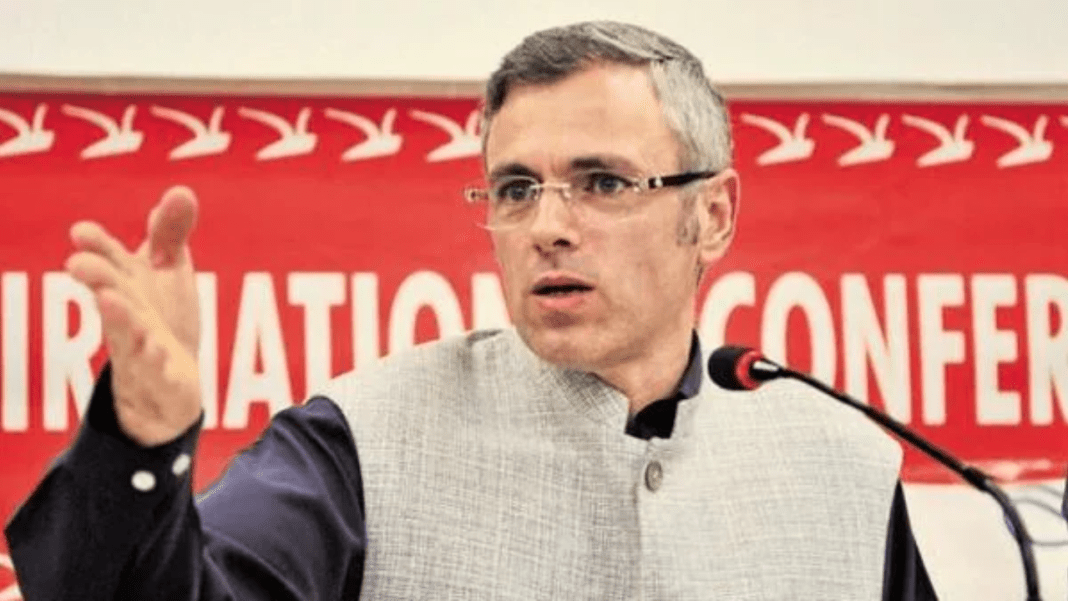Umar Abdullah’s party, the National Conference (NC), has achieved an absolute majority in collaboration with Congress in Jammu and Kashmir. This marks a significant turning point in the region’s political landscape.
Election Results After Article 370 Revocation
In the assembly elections following the revocation of Article 370, the National Conference secured 30 seats, while Congress won 6 seats. The Bharatiya Janata Party (BJP) increased its tally to 29 seats, up by four from the previous elections. Almost all seats in Jammu, a Hindu-majority region, went to the BJP, including the seat of Vaishno Devi. This victory responds to speculation about the BJP losing Hindu support after setbacks in Ayodhya and Badrinath.
Congress Faces Setbacks
Congress has suffered a decline, winning six seats fewer than in the previous elections. The National Conference has made a strong comeback to power, while the People’s Democratic Party (PDP), which had secured 28 seats in the last elections, has lost its foothold entirely. Despite Congress’s efforts to assert its influence in Jammu, it has now become largely dependent on the National Conference.
Umar Abdullah Takes the Reins
With Umar Abdullah now at the helm, he had promised the return of Article 370 during the elections. However, given the current political landscape, that may no longer be feasible. It will be intriguing to see what new agenda he presents to govern effectively.
Jammu and Kashmir Fully Integrated into India
The situation has changed drastically since the revocation of Article 370, with Jammu and Kashmir now fully integrated into India. As a young leader, Umar Abdullah’s direction for the region will be closely observed. He will need to make decisions that consider the national context, as any impacts in Jammu and Kashmir will resonate across the entire country.





